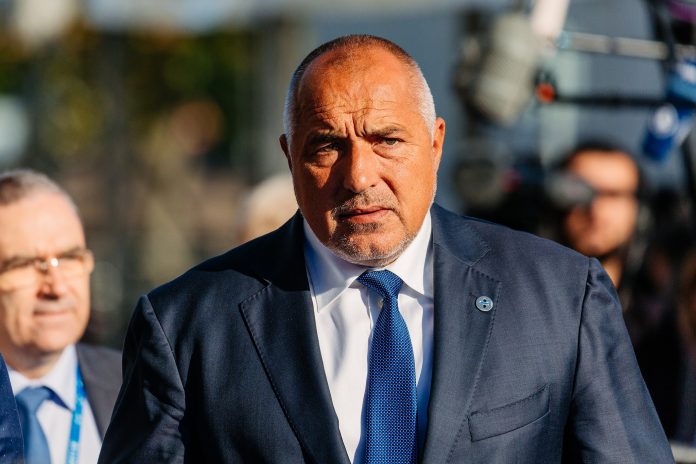The imposition of new requirements by the European Union and the European Central Bank is to blame for Bulgaria’s decision to postpone its euro-adoption bid, according to Prime Minister Boyko Borissov.
Having planned an application to join the common currency’s anteroom as the highlight of its six-month EU presidency, a delay was announced on June 27. Borissov criticised euro-area countries for demands that included pressure to join the bloc’s banking union.
“We have prepared everything – we’re holding meetings and we’ll apply when we have clearly set conditions,” Borissov told reporters in the capital, Sofia. “There’s no deadline. They’re constantly changing the conditions, introducing new criteria.”
Bulgaria, which gained EU membership in 2007, is seeking to bind itself to core euro countries such as Germany and France by following ex-communist states including Estonia and Slovakia into the single currency.
As reported by Bloomberg, the EU’s poorest member hopes the move will boost investment and close the wealth gap with richer peers. But its chances have been harmed by banking scandals in Latvia and friction between the EU and eastern countries such as Poland and Hungary.
Petar Ganev, an economist at the Institute for Market Economics in Sofia, told Bloomberg what could happen if Bulgaria does not apply this week.
“If Bulgaria doesn’t apply for the euro antechamber by the end of the week, this will be delayed by years,” he said on June 27 by phone. “It would be an obvious signal that it’s backtracking on its previous intentions, most probably because of a lack of positive perceptions abroad.”

